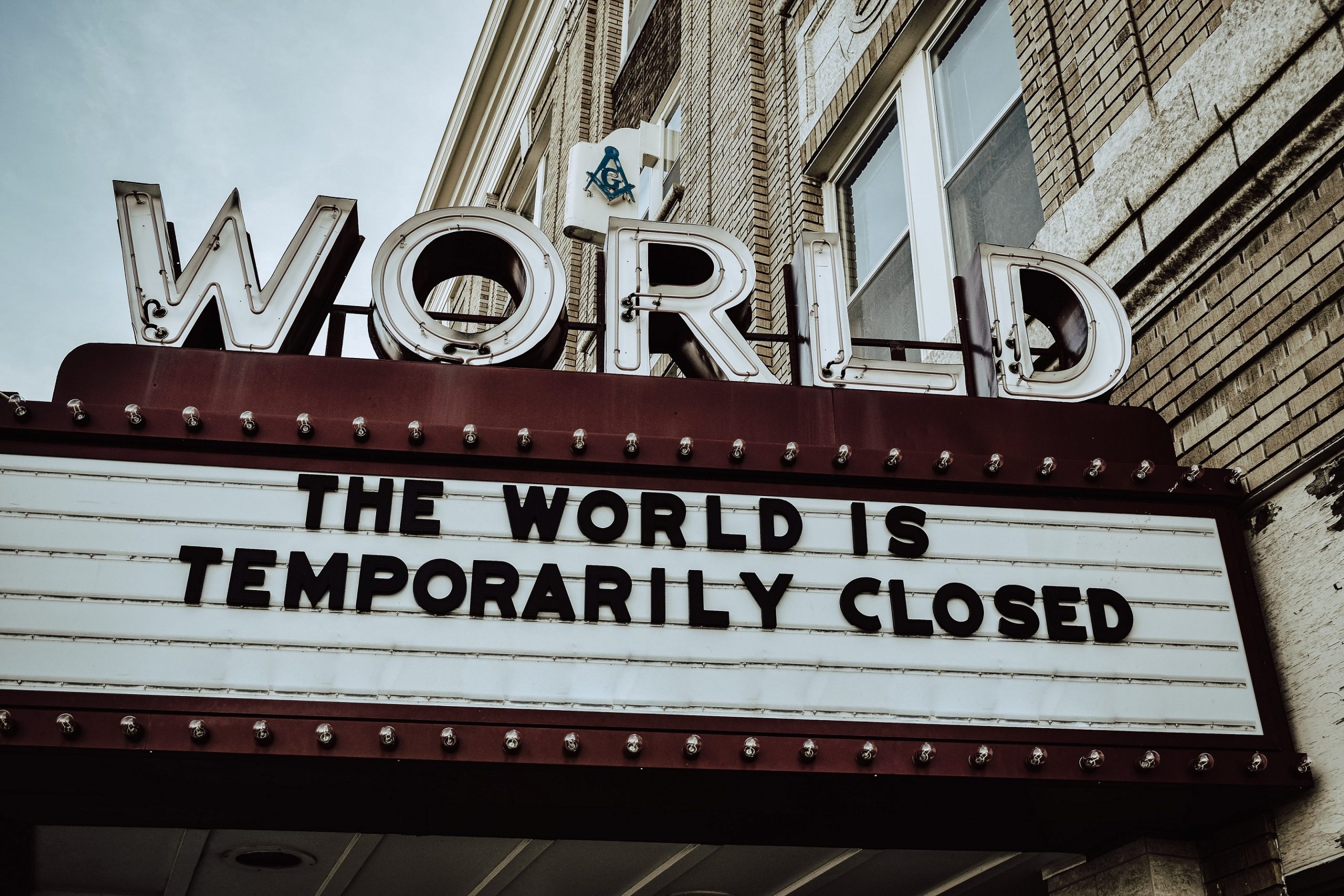By Stefano Ponte
This article is based on his previously written piece for the Centre for Business and Development Studies.
The COVID-19 crisis has made evident the limitations of existing thinking, preparedness and policy in relation not only to health pandemics but also to the sustainability challenges we face, locally and globally. Contemporary capitalism, with its hyper-individualistic culture and just-in-time – instead of just-in-case – approach to infrastructure and essential equipment, is not geared towards solving global problems that require coordination, cooperation and solidarity. As some activists, scholars and medical personnel have stated recently, ‘We don’t need heroes if we have preparation’.
Clear examples that have emerged with particular force in the past few months include the political inability to coordinate emergency responses within the EU and the US, cut-throat competition among countries seeking to procure essential medical gear, and the realization that we have been undermining the working conditions for ‘essential workers’ for decades. Therefore, an expansive economic stimulus to restart the economy during/post-covid-19 cannot be based on the first-line response of capitalism – restoring production and consumption back to ‘usual’.
This is the time to expand and rethink our socio-economic models to stimulate a more sustainable approach to consumption – not limited to consuming more sustainable goods and services (such as organic milk, ecotourism holiday or FSC certified timber), but also on consuming less.
We need to rethink the current organization of the global economy, reform the national economic and political institutions that govern it and devise new forms of governance and collective action within states and across borders. Contemporary hyper-capitalism, rather than humanity per se, is the root cause of the global sustainability crisis and the spread of pandemics – and thus should be the focus of action.
To achieve this, we need a different kind of ‘green entrepreneurial state’ that de-couples sustainability from growth, and that does not intervene to bail out carbon-intensive industries tout court. Oil markets have tanked in recent weeks, and $0 (or even negative) oil prices are devaluing oil industry assets dramatically. A green and just recovery in the oil industry transition means focusing on helping workers first and foremost, rather than executives or shareholders. This could entail partial nationalization of assets to essentially shut the oil industry down in the mid-term and open the way for further investment in renewables, which would otherwise be dampened by competition from cheap oil.
Second, what we need is more community involvement in the economy, changes in labour law to make unionization easier, tax reforms to make municipal and cooperative forms of organization more attractive, corporate regulation to facilitate employee ownership, and stimuli to expand the radical and democratic ecological experiments that are already in place – such as the shared living communities that have been active in Denmark since the 1970s.
Third, important insights for a recovery plan can be offered by the idea of ‘just sustainability’, which incorporates ‘the need to ensure a better quality of life for all, now and into the future, in a just and equitable manner, whilst living within the limits of supporting ecosystems’. Therefore, a path towards recovery during-and-post COVID-19 needs to address inequality – as it drives competitive consumption and leads to lower levels of trust in societies, making public action (including under a pandemic) more difficult. Excluding companies from recovery funds which have made use of tax avoidance tools is one of the necessary steps. But broader and collective actions to stamp out tax heavens are needed more than ever.
About the author
Stefano Ponte is Professor of International Political Economy at Copenhagen Business School and Director of the Centre for Business and Development Studies. His latest book Business, power and sustainability in a world of global value chains was published by Zed Books in 2019.
More about coronavirus pandemic:
The Coronavirus Pandemic – and the Consequentiality of Metaphors
Sustainable Development, Interrupted?
The Political Economy of the Olympics – Misconceptions about Sustainability
Supply Chain Responsibilities in a Global Pandemic
Photo by Edwin Hooper on Unsplash

